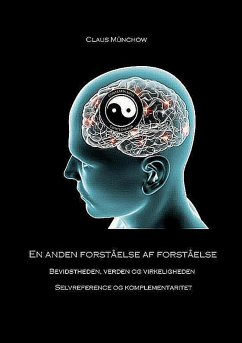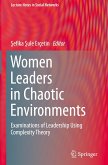In this study Arun Bala examines the implications that Niels Bohr's principle of complementarity holds for fields beyond physics. Bohr, one of the founding figures of modern quantum physics, argued that the principle of complementarity he proposed for understanding atomic processes has parallels in psychology, biology, and social science, as well as in Buddhist and Taoist thought. But Bohr failed to offer any explanation for why complementarity might extend beyond physics, and his claims have been widely rejected by scientists as empty speculation. Scientific scepticism has only been reinforced by the naïve enthusiasm of postmodern relativists and New Age intuitionists, who seize upon Bohr's ideas to justify anti-realist and mystical positions.
Arun Bala offers a detailed defence of Bohr's claim that complementarity has far-reaching implications for the biological and social sciences, as well as for comparative philosophies of science, by explaining Bohr's parallels as responses to the omnipresence of grown properties in nature.
Arun Bala offers a detailed defence of Bohr's claim that complementarity has far-reaching implications for the biological and social sciences, as well as for comparative philosophies of science, by explaining Bohr's parallels as responses to the omnipresence of grown properties in nature.

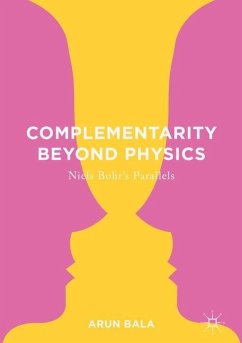
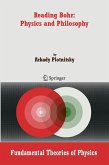
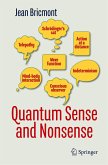
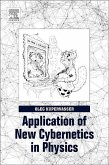
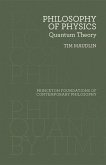
![Quantum [Un]Speakables II Quantum [Un]Speakables II](https://bilder.buecher.de/produkte/44/44838/44838436m.jpg)
